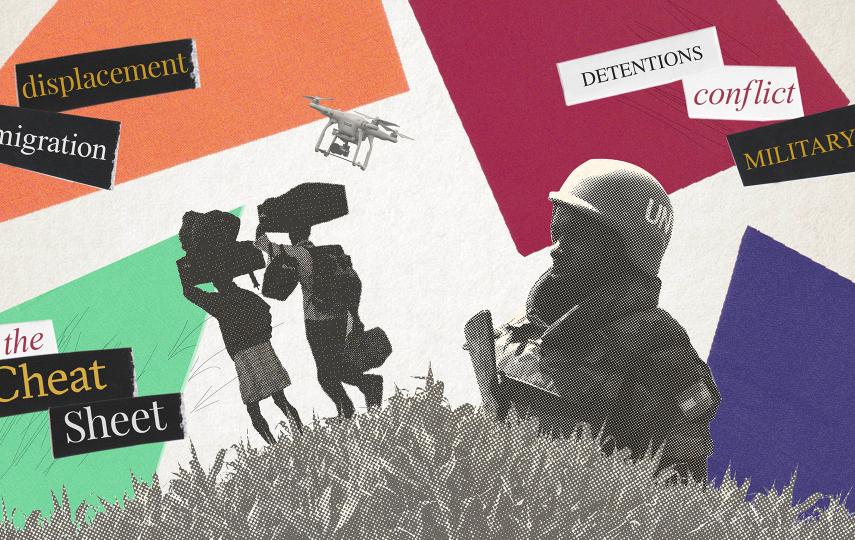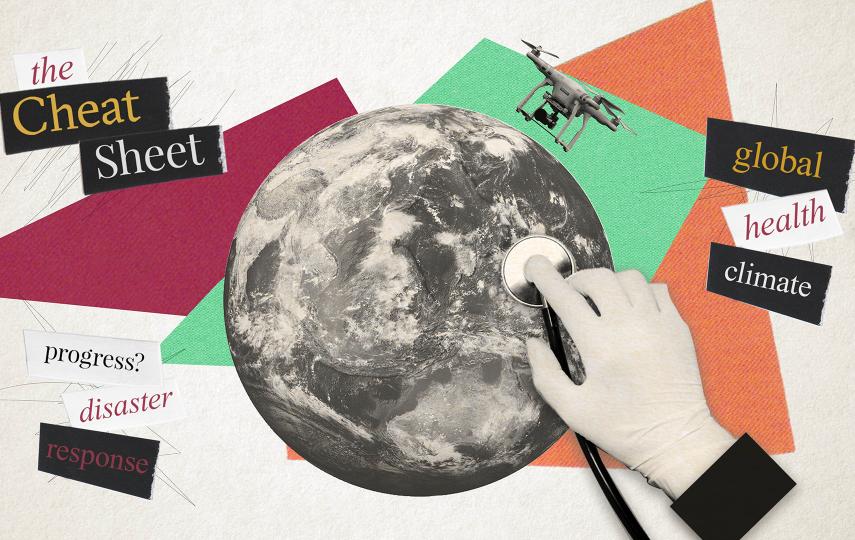LAGOS
A Nigerian human rights group said on the third anniversary of the invasion by the military of the southern town of Odi that it had documented enough evidence to lodge a case at the International Criminal Court.
Environmental Rights Action (ERA), which is affiliated to the global Friends of the Earth, said President Olusegun Obasanjo, who ordered the attack, General Victor Malu - who was army chief at the time - and soldiers who participated in the attack on Odi on 20 November 1999 were guilty of crimes against humanity.
Odi was destroyed in the attack, ordered in response to the killing of 12 policemen by local militants. According to the ERA report titled 'A Blanket of Silence: Images of Odi Genocide', 2,483 people from 109 families were killed in the raid, after which only a bank and a church were left standing.
The report was presented by the group’s director, Oronto Douglas, at a commemorative rally in the town.
"We have come to the conclusion that what happened in Odi was a crime against humanity," Douglas said. "The Geneva Convention and other such international instruments do not condone crimes against humanity. We have documented and compiled a justification to bring those who visited the atrocities on Odi before the International Criminal Court."
Nigeria’s Minister of Defence, Lt. Gen. Theophilus Danjuma, had defended the Odi invasion as aimed at protecting oil operations in the southern Niger Delta region. Over the past decade militants have routinely attacked the operations of international oil companies to back demands for access to more oil wealth and amenities for their impoverished communities.
A year after the attack on Odi, Obasanjo visited the town and acknowledged that the soldiers had gone "beyond their brief". But, ERA said, he offered neither an apology nor compensation to the community.
The group said it would start a case against Malu, who was retired last year, and the soldiers who participated in the mission. It said it would await the end of Obasanjo’s tenure in office to sue him.
Obasanjo has also been blamed for ordering a similar attack in central state of Benue last year after a local militia killed 19 soldiers sent to halt ethnic clashes there. Hundreds of people were killed and scores of houses destroyed, including that of Malu.
This article was produced by IRIN News while it was part of the United Nations Office for the Coordination of Humanitarian Affairs. Please send queries on copyright or liability to the UN. For more information: https://shop.un.org/rights-permissions

